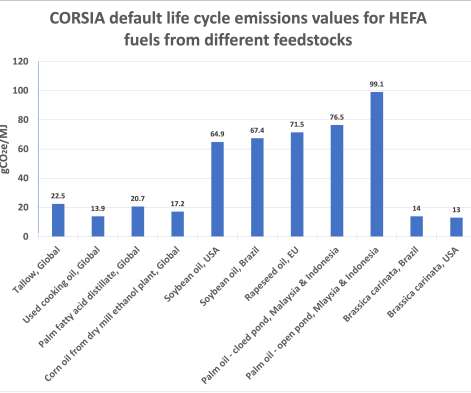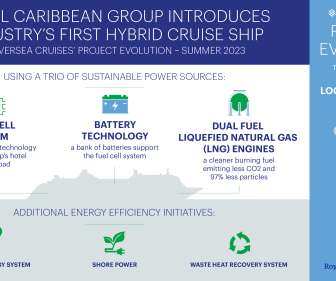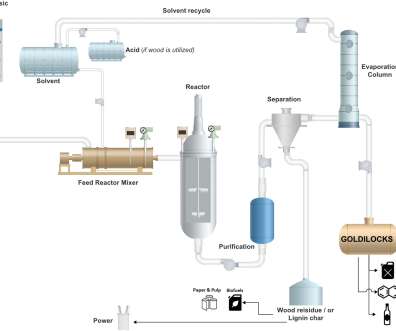Raven SR to supply sustainable aviation fuel to ANA and JAL
Green Car Congress
JANUARY 18, 2023
Raven SR signed memoranda of understanding (MOU) to supply sustainable aviation fuel (SAF) to All Nippon Airways (ANA) and to Japan Airlines (JAL) for major global routes. Each MOU provides for an initial 50,000 tons of SAF supply in the first year, 2025, with annual incremental increases to 200,000 tons for year 10.







































Let's personalize your content